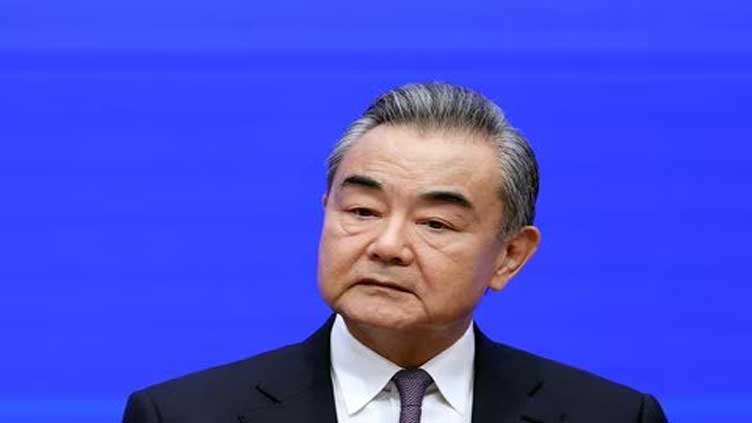At Tibet forum, China's Wang Yi calls for territorial integrity

World
At Tibet forum, China's Wang Yi calls for territorial integrity
BEIJING (Reuters) - Chinese Foreign Minister Wang Yi said at a forum in Tibet on Thursday that nations in the region must respect each other's sovereignty, amid simmering tensions with India over a disputed border in the eastern Himalayas.
"We must adhere to mutual respect and trust, jointly maintain regional unity, and respect each other's sovereignty and territorial integrity," Wang said at the forum in the city of Nyingchi, 160 km (100 miles) from Arunachal Pradesh, which China claims as part of Tibet.
Attending the forum in Tibet, the third round of trans-Himalayan dialogue since its inception in 2018, were officials from countries including Nepal, Pakistan, Afghanistan and Mongolia. Representatives from India, as in 2018 and 2019, were not among the attendees.
Relations between China and India nosedived in 2020 after a border clash in which 20 Indian and four Chinese soldiers were killed. This year, China angered India when it released a map showing the Indian state of Arunachal Pradesh in the eastern Himalayas to be a part of southern Tibet.
Tibet, which Beijing said it peacefully liberated in 1951 after sending Chinese troops into the region, has also drawn international concern from U.N. member states due to a public examination of its rights record in early 2024 as part of a review process at the Human Rights Council in Geneva.
U.N. experts have this year voiced repeated concerns over Tibet, most recently in August when they raised the plight of jailed Tibetan rights defenders.
In August The United States imposed visa sanctions on unidentified Chinese officials for allegedly taking part in "forced assimilation" of Tibetan children through state-run boarding schools seeking to eliminate Tibet's traditions, according to a statement from U.S. Secretary of State Antony Blinken.
China has vigorously denied any wrongdoing.
Wang said on Thursday that lies fabricated by "some Western forces" about Tibet were untenable and based on ideological bias, and will unravel "in the face of facts".

